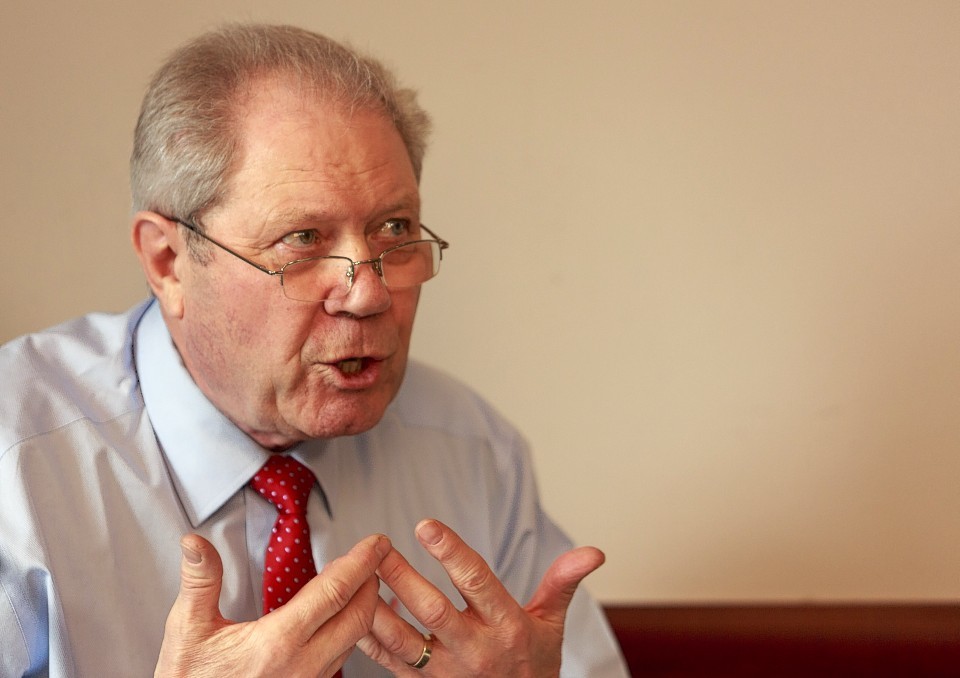The SNP should return to the drawing board on its “ambiguous” Named Persons scheme – according to the party’s former deputy leader.
Jim Sillars said he thought the act was “well-meaning” but did not do enough to address the “anxieties of parents” in its current form.
The former MP said the Named Persons Scheme would not have passed muster in Westminster, claiming the House of Commons was better at scrutinising legislation than a “nine to five” Holyrood.
There has been widespread concern about the scheme, which assigns every child a guardian – such as a teacher or social worker – to monitor their welfare.
It has been trialled in the Highlands but is due to be rolled out nationally in August.
Tory leader Ruth Davidson has pledged to get the scheme scrapped, but the SNP’s Humza Yousaf said “vacuous hyperbole” attacking the plans “puts children’s lives in danger”.
Mr Sillars said: “This is a well-meaning act but if you look at the sections that actually deal with the named person there is ambiguity all over the place.
“My advice to my colleagues in the SNP would be to take away this section of the act and discuss with the other parties in parliament how this can, in fact, be amended to meet the anxieties of parents but ensure that those children that need looked after actually get looked after.”
Every party in Holyrood backed the act including the Named Persons Scheme when it went before MSPs in the last parliament, except the Conservatives, who abstained.
Mr Sillars added: “The named person is part of a large act of 103 sections and five schedules. It illustrates where the problem lies in Holyrood.
“I don’t believe a 9-5 Holyrood parliament can properly legislate on issue like this.
“For instance, ‘wellbeing’ – ‘wellbeing’ has several meanings depending on family circumstances and all the rest of it.
“It would not have passed Westminster on this basis, where line by line and clause by clause, this is examined.”
But the SNP’s Mr Yousaf said: “The advice is only provided when or if a child or, indeed, a parent needs it for the wellbeing of the child.
“This is not a state guardianship scheme. Some of the hyperbole around this is not only vacuous – frankly it puts children’s lives in danger, those who could slip through the cracks.
“The scheme already exists in many parts of the country and has run successfully across many parts of the country.”
